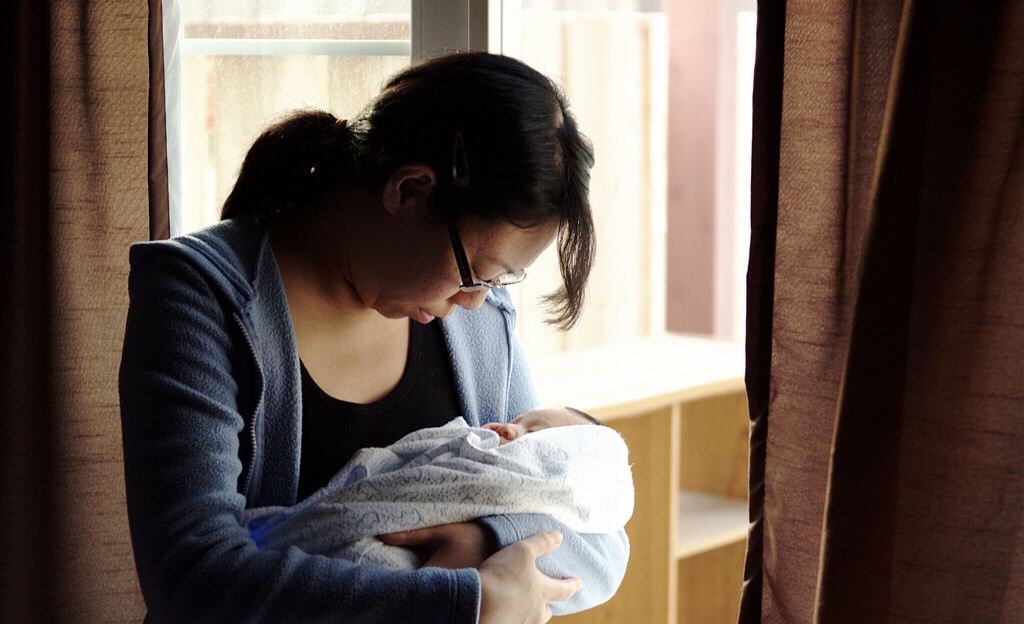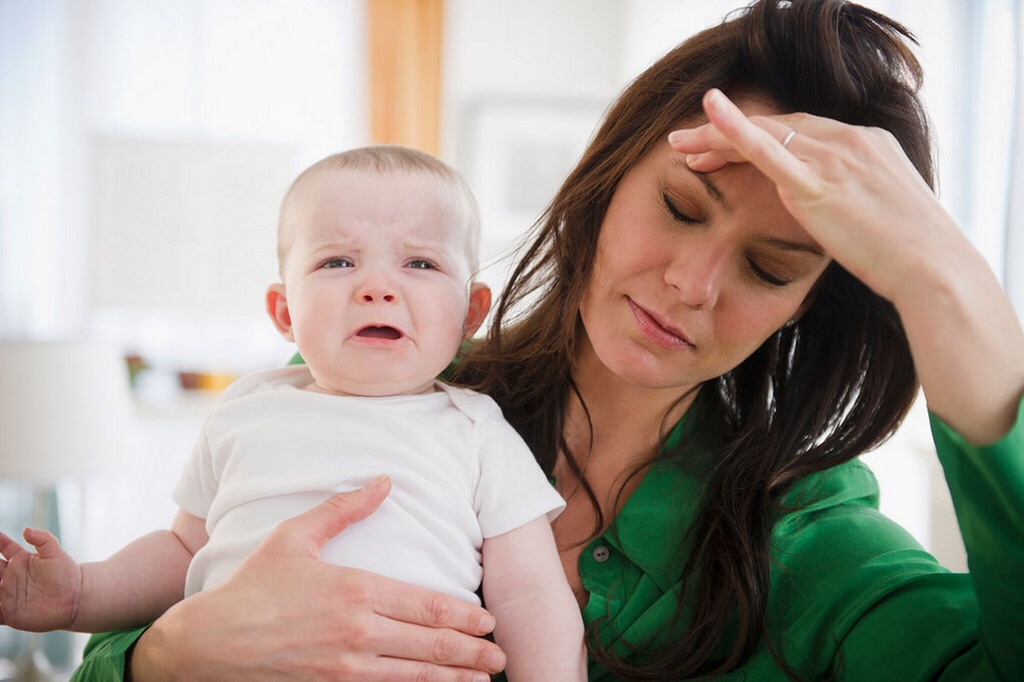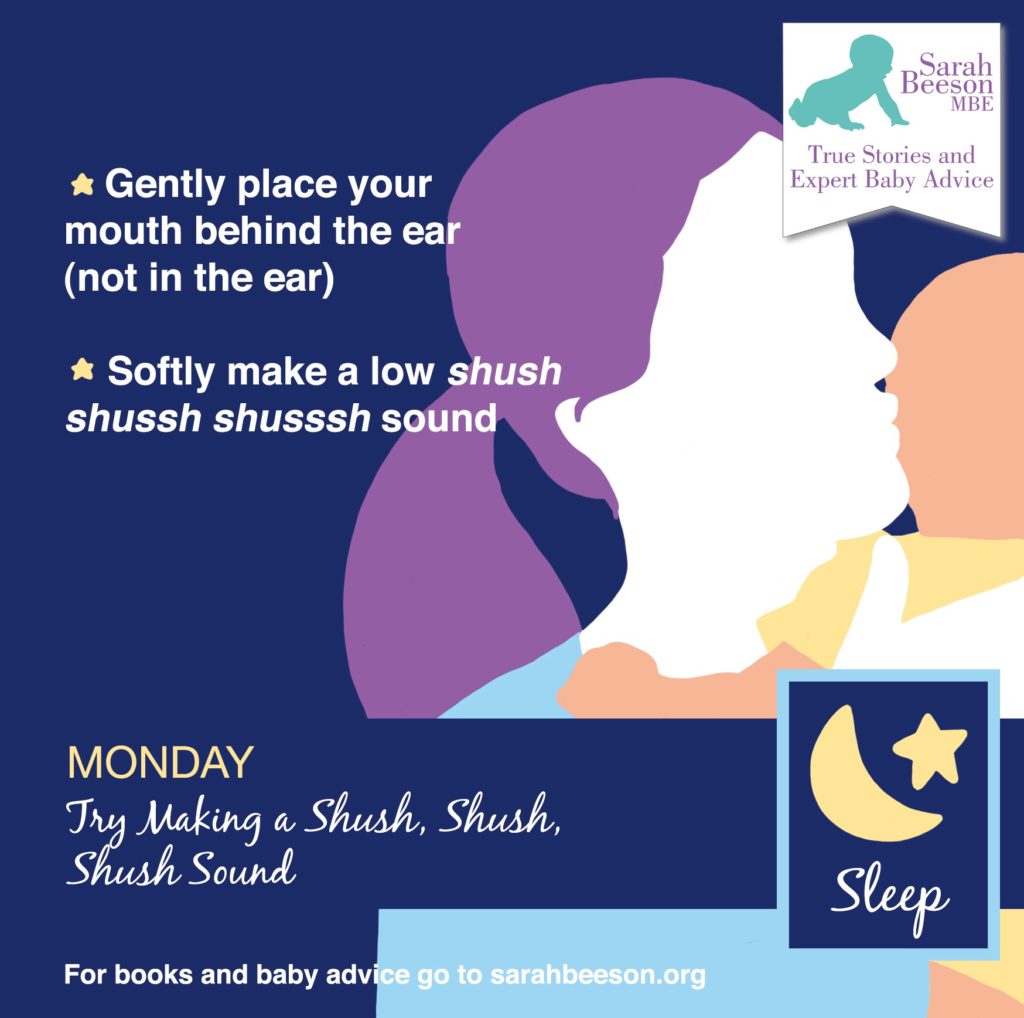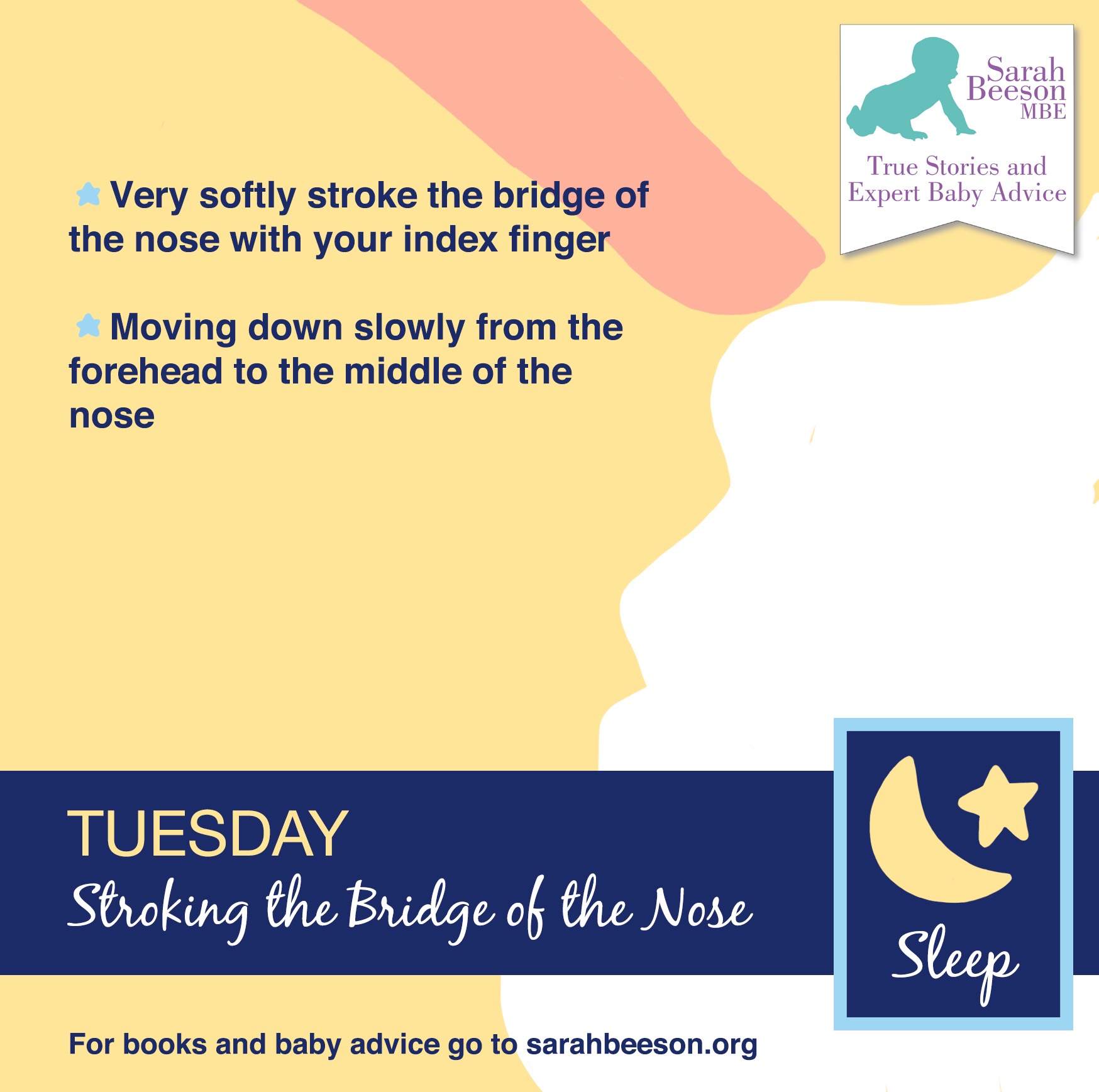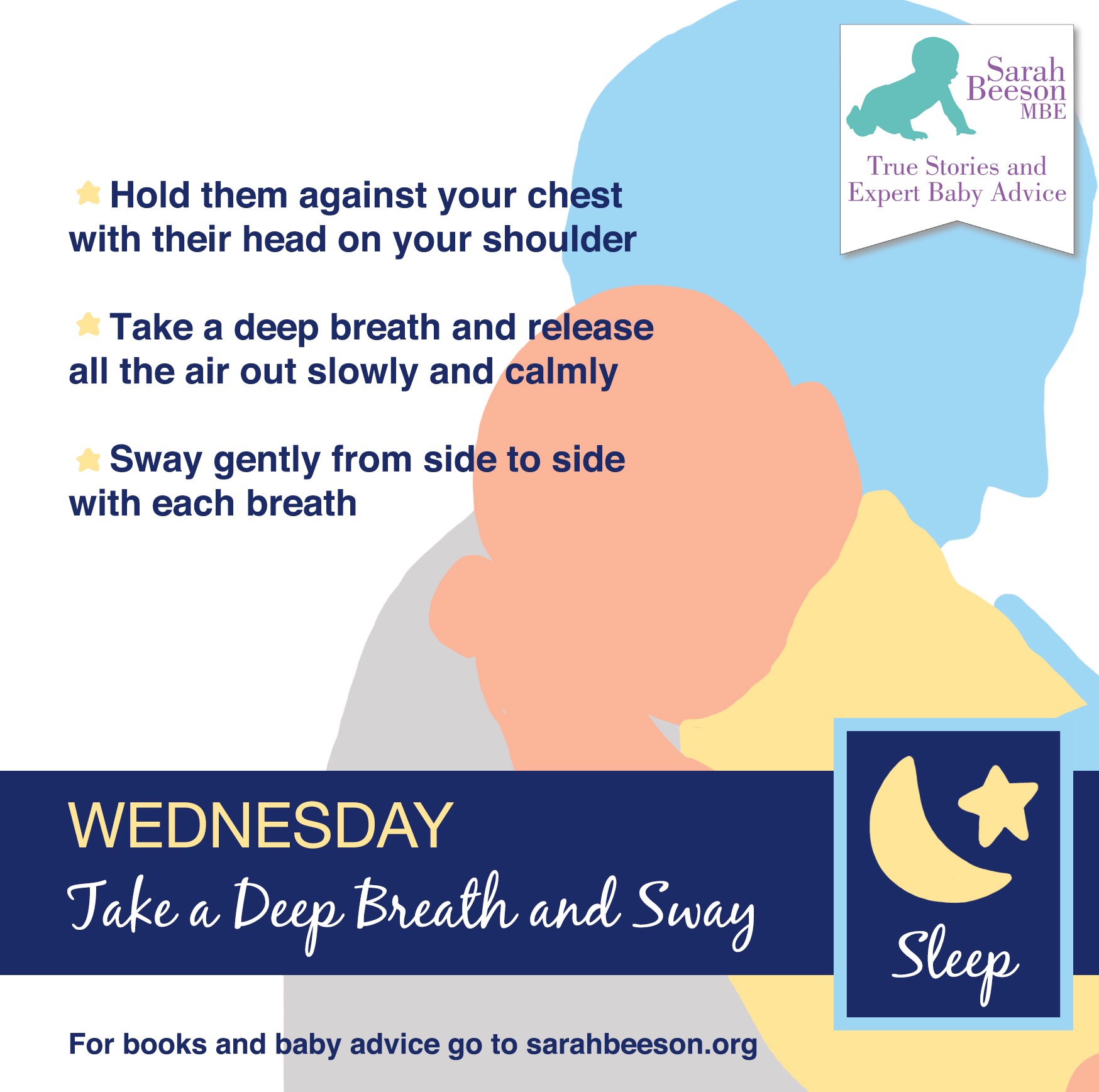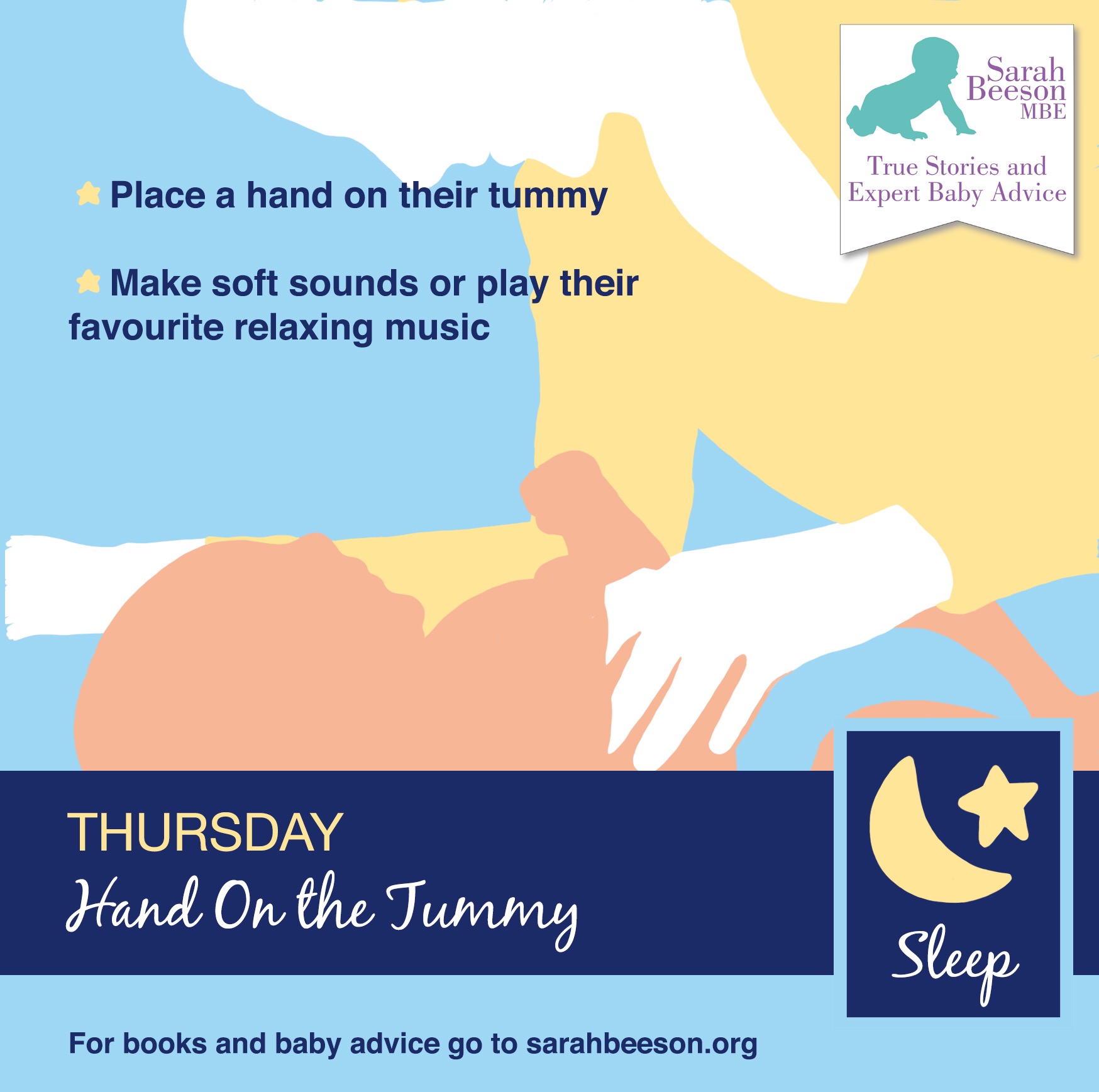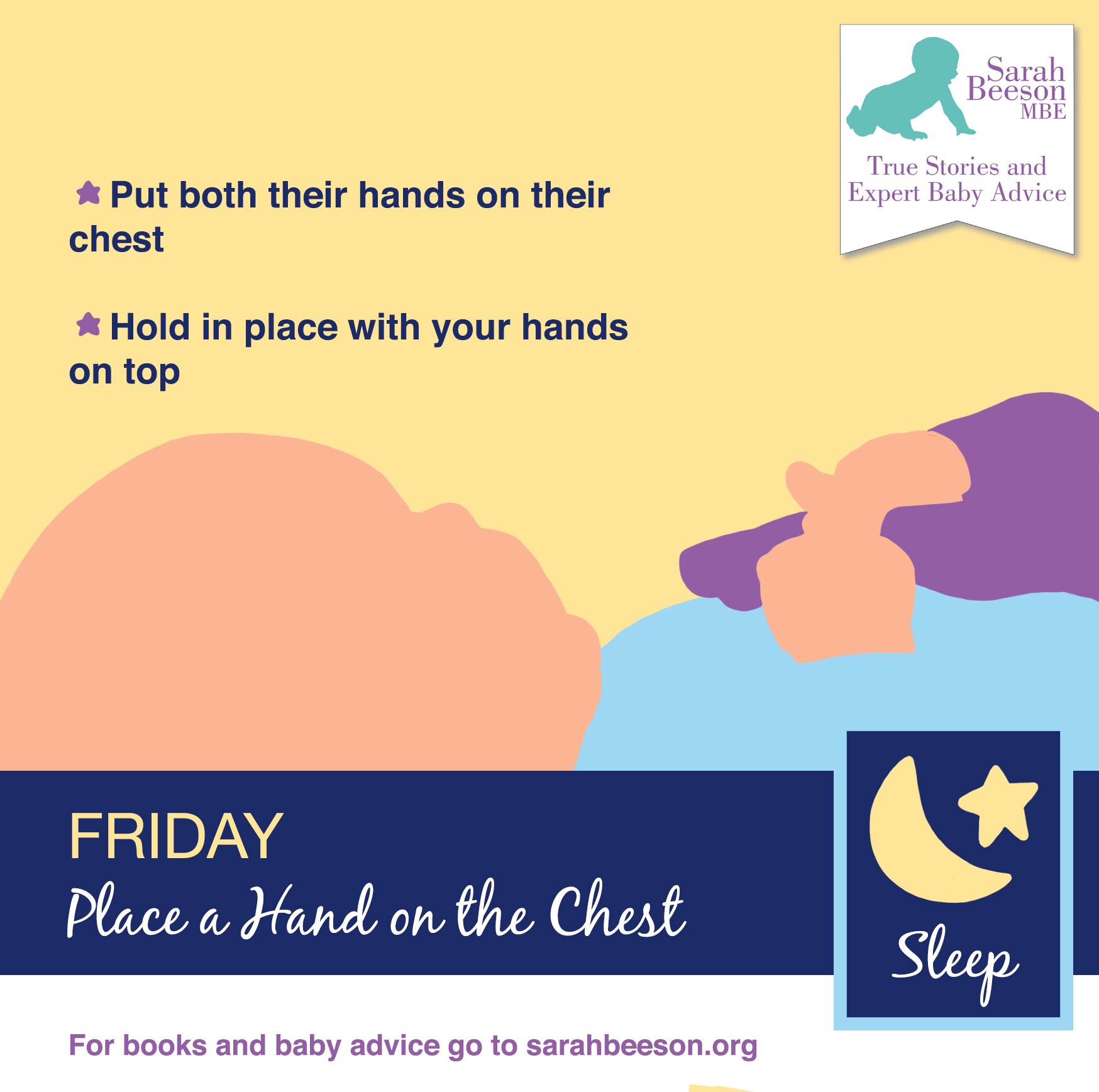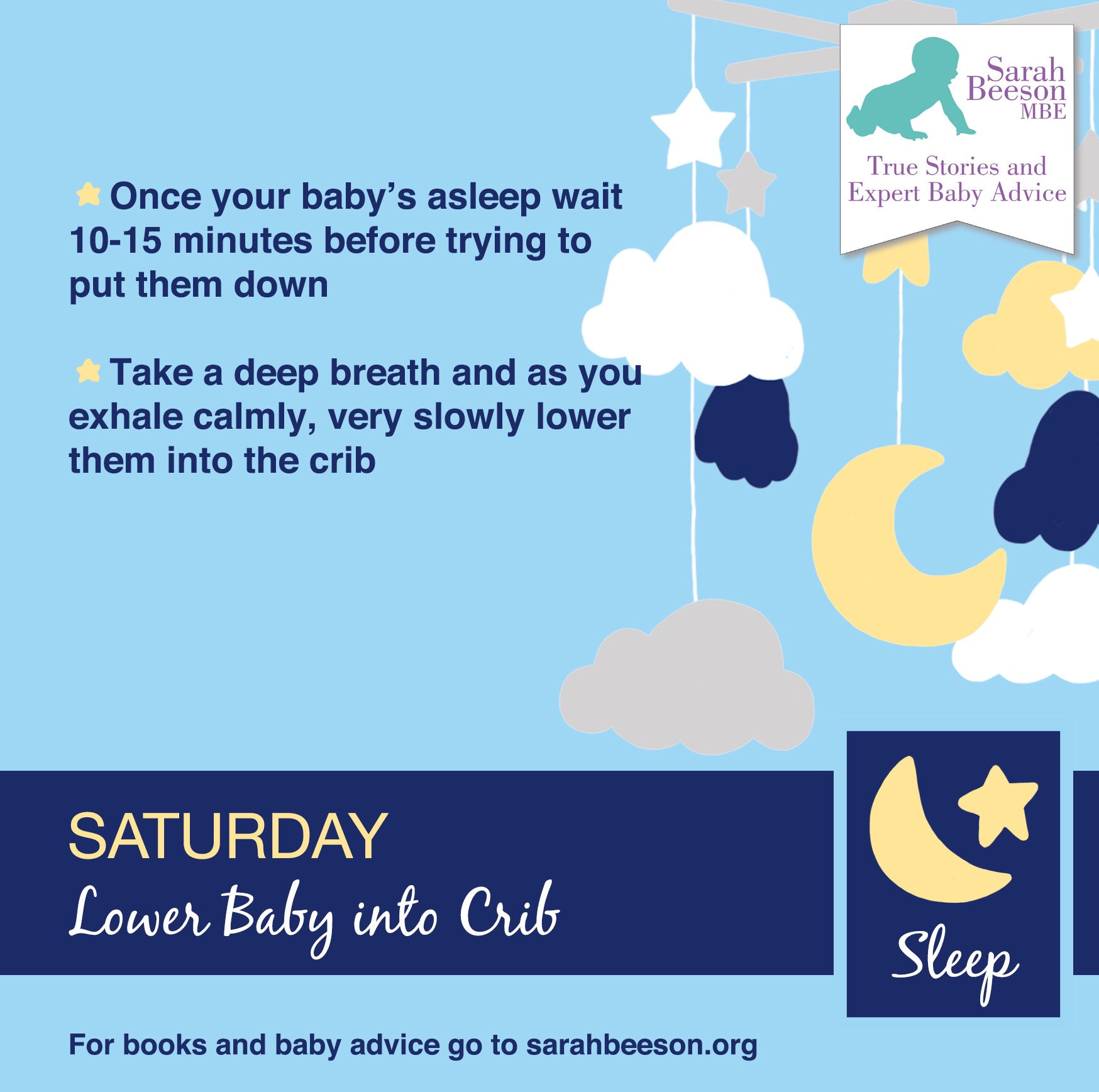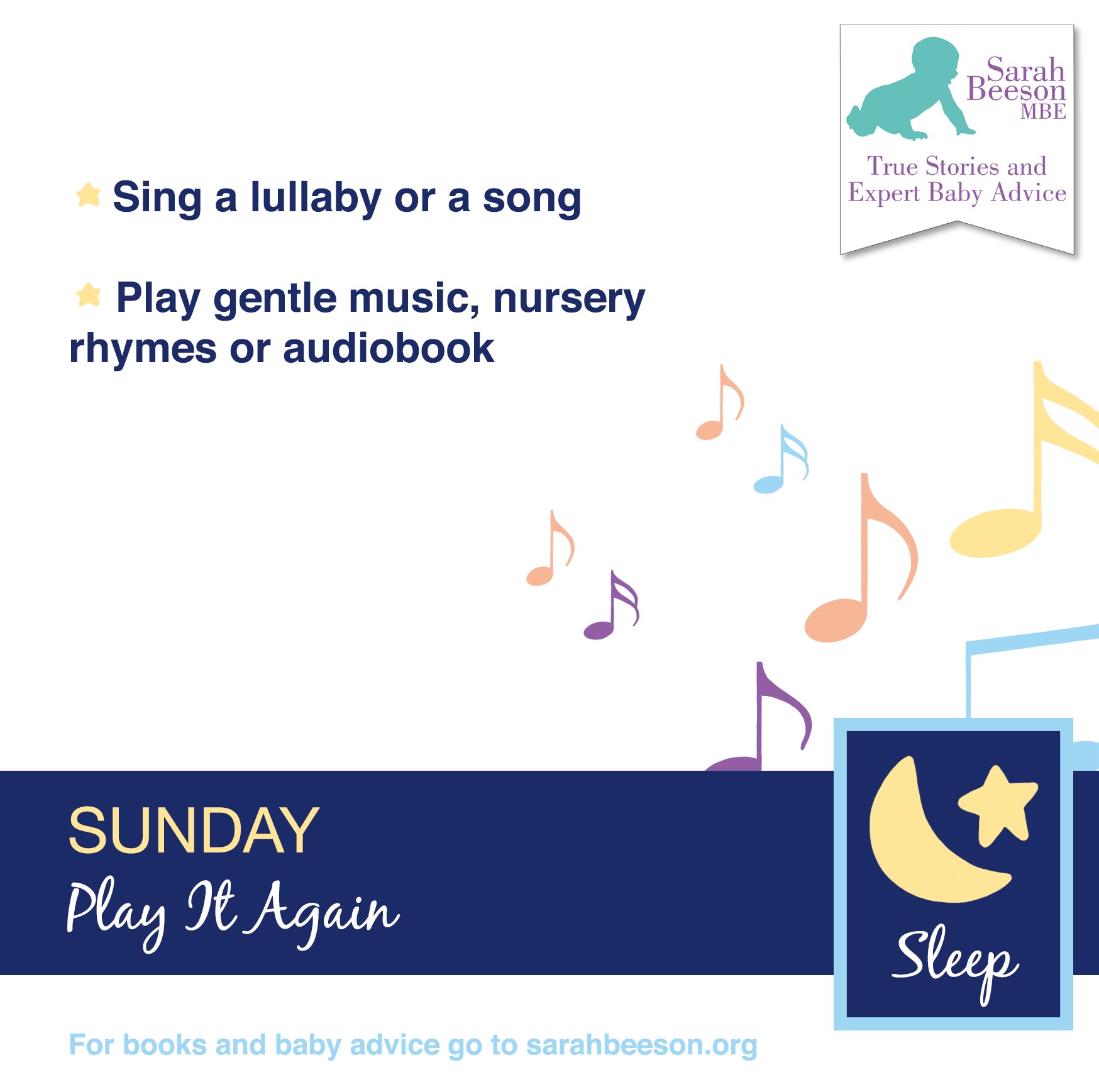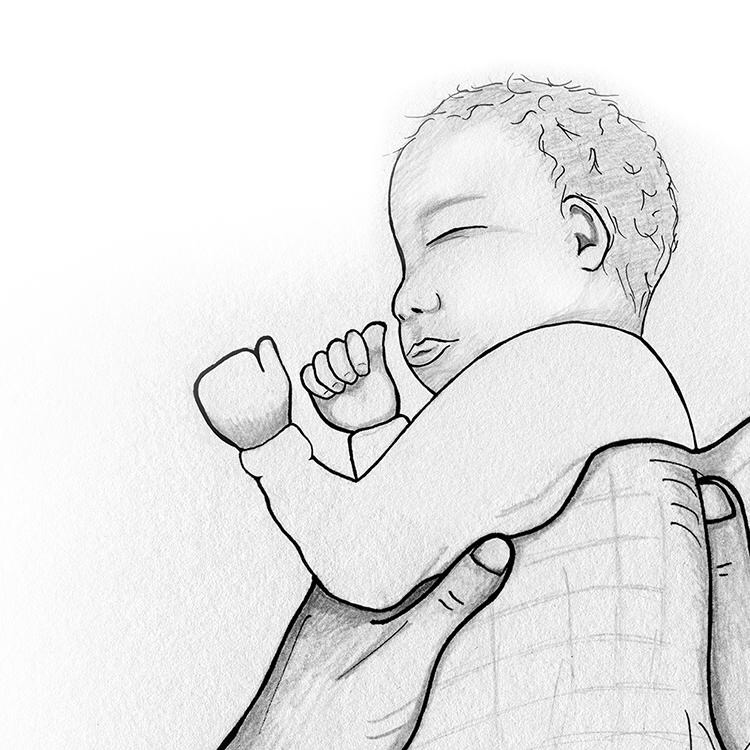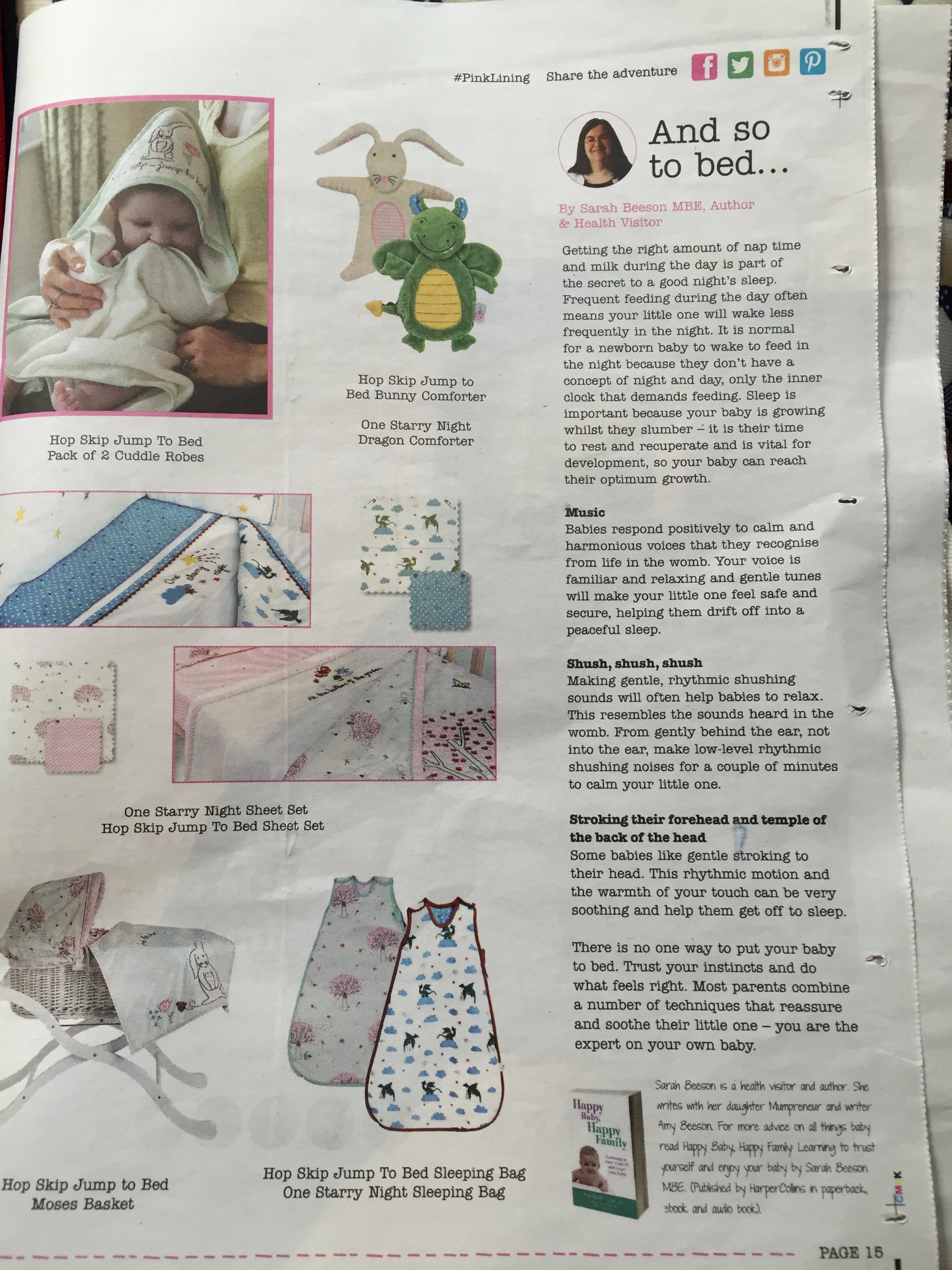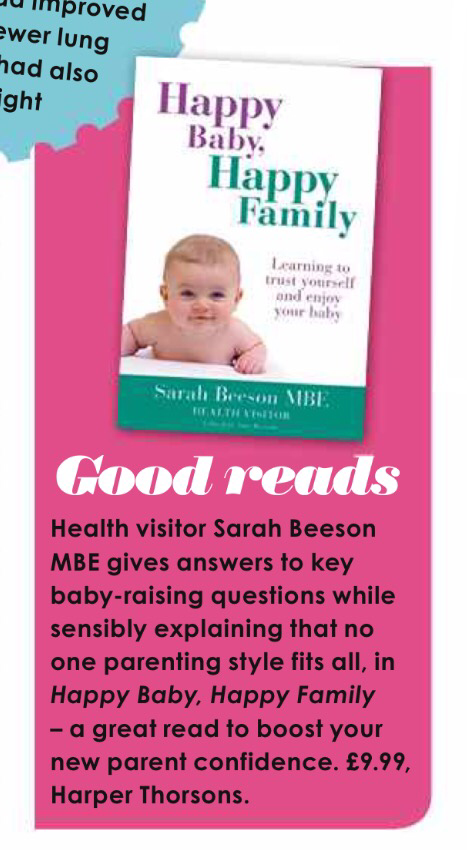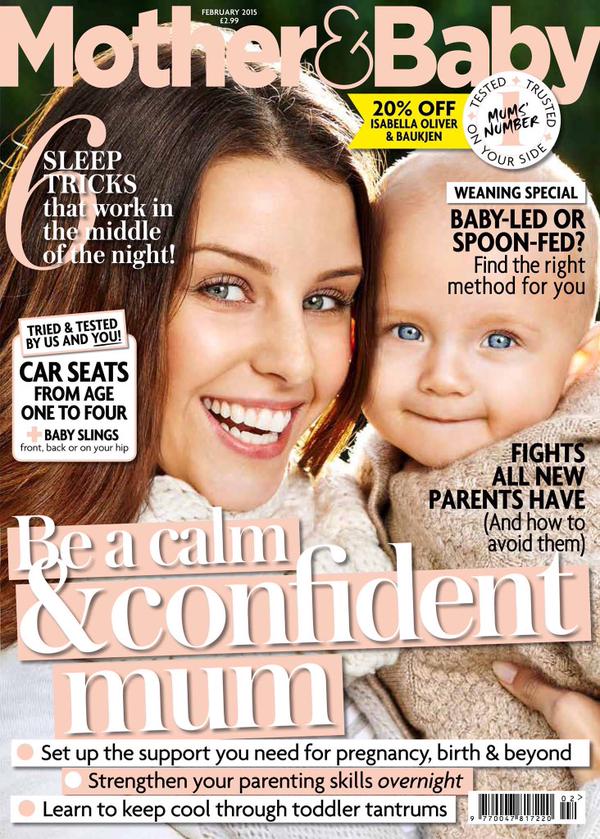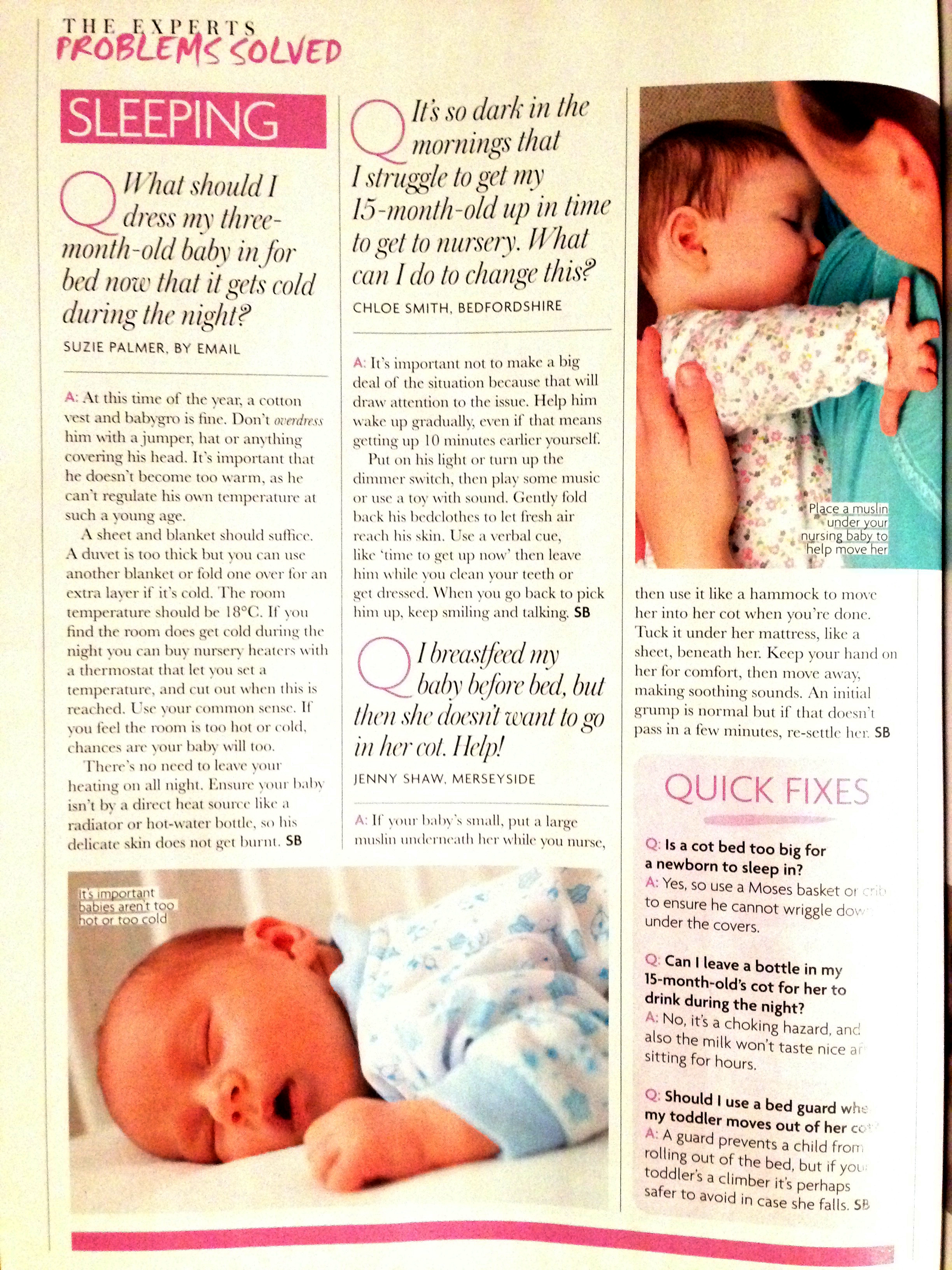This week’s #AskSarah question comes from Rachael @MushroomsMum otherwise known as @ReallyRachaelB who is mum to 3-year-old Mushroom, and a freelance writer, poet and personal coach over at Writing People Poetry. Catch up with her life as working London mum on Mothering Mushroom.
 @MushroomsMum Rachael Blair
@MushroomsMum Rachael Blair
Rachael’s #AskSarah question is; “Mushroom bedtime is between 7 -8pm but he is rarely asleep before 9/9.30pm, by which time he’s exhausted. I tried cutting out his nap on days he wakes up later but he is just exhausted by 3pm and falls asleep wherever he is and then doesn’t go to bed till 10pm. When it came to sleep ‘training’ I quickly knew that it wasn’t right for us but on naps and whether to reduce them/cut them out I’m not so sure?”
Rachael to nap or not to nap is a very good question. Mums know best about their child’s needs and naps can be tricky. If you’re happy to have a familiar pattern to your day but feel confident to go with the flow – do it. It’s understandable to want to get Little One’s to bed earlier on a weeknight and you can still be a bit more flexible on the weekend if you want to. There are times to be calm but firm and other times when you know they are having an off-day and can let yourself be a tad more indulgent – we all have those days whatever our age!
If you feel he still needs his nap then go with your instinct; it shows how much you are in tune with him that you respect his needs and put him first. Your Little One still has a lot of growing to do and it does sound like he still needs a sleep after lunch and ideally the earlier the better but things will be variable and that’s completely normal.
The afternoon nap
Lunch for this age group usually falls anytime from 11.30am – 1pm followed by a nap between 12.30 – 1.30pm. It’s fine for him to nap for up to two hours but encourage him to wake up by about 3.30pm at the latest if you want to get him to bed by 8pm. Turn back his covers or take off warm clothing so the cool air gets to his skin, or turn on his favourite TV show, chat to him positively as he naturally comes to. Small children often take anywhere between 5 – 20 minutes to come to after their afternoon nap in contrast to the morning where they so often seem to wake up with plenty of bounce.
Don’t beat yourself up if the day doesn’t go your way and it takes you until 2pm to get him off to sleep or he doesn’t nap at all. It might just be that he doesn’t need a nap that day and you may want to put him to bed early. Try to avoid trips out in the car or buggy when you’ve passed the nap window in case he nods off. If he does fall asleep for a very late afternon nap despite your best efforts then he must need it, it does happen every now and then, especially if he’s been unwell or things haven’t been how they normally are.
Influencing an earlier, shorter bedtime
Food, drink, exercise and rituals play a vital role in sleep and general behaviour patterns. What children eat and drink is very tied up with being able to let go and naturally drift off to sleep. Good nutrition and sleep go hand in hand.
In a recent #AskSarah about dropping the last feed I outlined a toddler bedtime routine and toddler diet plan; which would also be suitable for your Little One. So let’s just check off the list some of the things that will help get him to sleep a bit earlier.
1. Diet
Give him three little meals a day plus a healthy morning and afternoon snack and a milky supper before bed and maybe a milky drink with his bedtime story. He should be having about a pint of milk a day (including products like yogurt and cheese as part of his daily intake).
Avoid chocolate, sweets especially coloured ones (though a few white chocolate buttons or an apple cereal bar for an occasional sweet treat is fine). Cut out sugary foods in the late afternoon and evening as the sugar rush can keep them awake. Some children’s behaviour is badly affected by artificial colours. Sweetners in sugar-free and low sugar squashes make them permanently thirsty and feel full even when they have an empty stomach.
2. Exercise
A big factor in nap time and bedtime is exercise. They really do need to run their little legs off, whether it’s a trip to the park, going for a walk, dancing around, running about at nursery or a trip to a museum. Fresh air every day is a recipe for sweet dreams and if you can do an activity in the morning and the afternoon it usually pays dividends.
2. Calm Down
Turn off TV, put away phones, tablets and games at least 1/2 hour before bedtime. Set the scene by turning off bright lights. You can switch on the radio if you want some gentle background noise but nothing too energetic. Children like the security of bedtime rituals and soon pick up cues and patterns, every family has their own way of doing things.
3. Bedtime Rituals
A typical bedtime routine can be…
– TV and devices off (iPhones, iPads etc put away)
– Lights turned down low
– Milky supper
– Bath time
– Into bed with a story
– Nursery rhymes or prayers
– Kisses goodnight
If your child doesn’t want you to leave straight away you could sit in the room for 5 minutes in a dark corner preferably slightly out of sight. Then say you’ll check back in 5 minutes and leave him to drift off.
From supper-time to the last kiss goodnight, try to get your bedtime routine down to an hour or less. Establishing a bit of a ritual for going to bed helps your Little One feel secure and accept that it’s now time to start calming down and go to sleep. When he is relaxed and contented sleep will come more easily.
Final thought
Lots of luck Rachael. Getting your Little One to bed a bit earlier will give you all a bit of relaxation time. There will always be the odd few days when things don’t go according to plan. As he approaches school age he will probably start to drop his nap but for now you’re listening to your child and he will lead the way.
What did you think of this week’s #AskSarah? Did you like it? Yes, then please do share it with your friends and subscribe for updates on mums, babies, books and stories and send us a tweet @NewArrivalBook or join us on Facebook.
If you’ve got a question you’d like to ask then go to the #AskSarah page and drop us a line. Trust yourself and enjoy your baby, you are the expert on your own child.

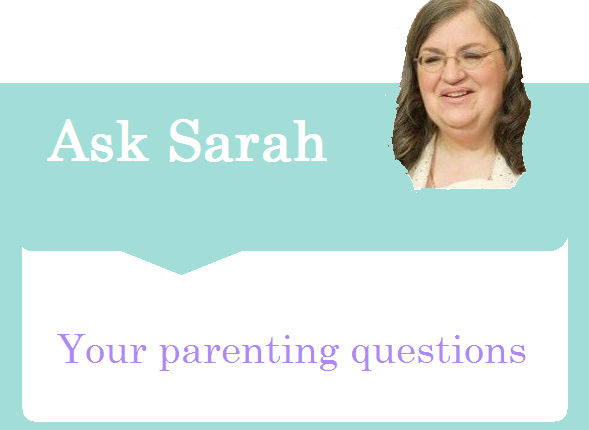
Over four decades as a nurse and a health visitor Sarah Beeson’s career has been shaped by the needs of children. Since her earliest days on the wards of Hackney Hospital she has stood up for her patients as shown in The New Arrival her heartwarming true story of training to be a nurse in 1970s London.
Her expertise and innovation have been recognised with the MBE from the Queen for services to children and families, and her health prevention work received the Queen’s Nursing Institute Award but she’s happiest listening to mums talking about their baby.
Sarah firmly believes that this generation of parents is the best there has ever been. Her new parenting book Happy Baby, Happy Family: Learning to trust yourself and enjoy your baby is the culmination of a life time’s experience watching, listening and being part of thousands of families’ journeys from birth to their Little One’s first birthday and will be published by HarperCollins in Spring 2015.
Sarah second memoir about being a newly qualified health visiting in rural Kent in 1970s She’s Arrived! will be published by HarperCollins in March 2016.
